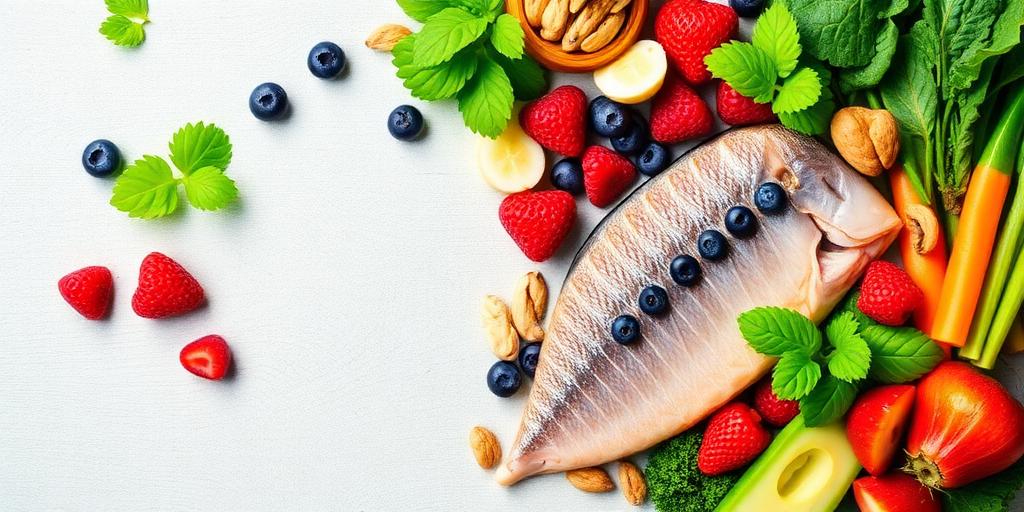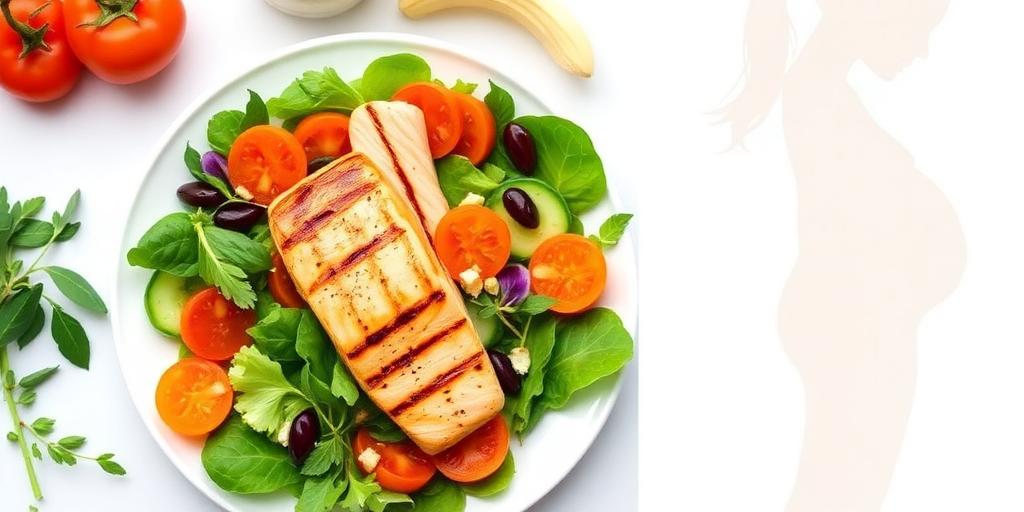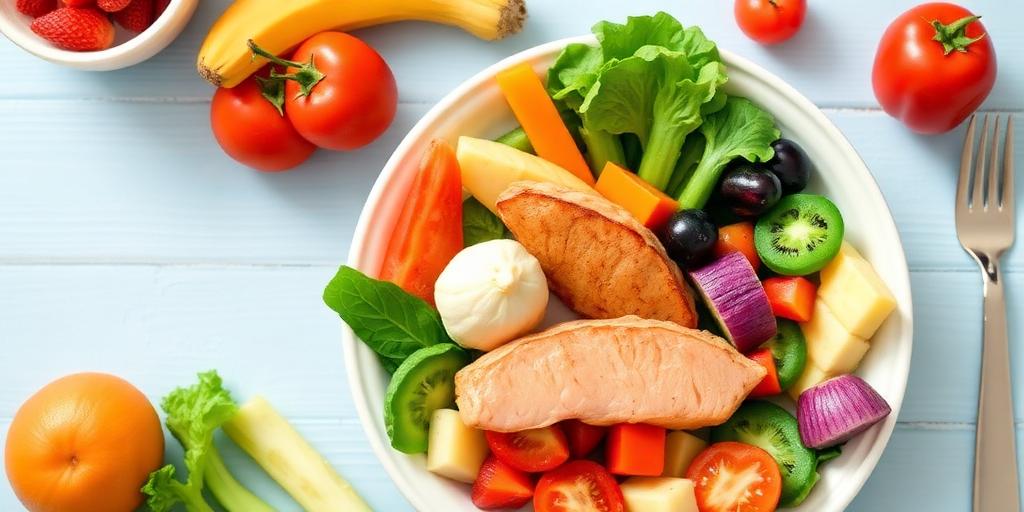Understanding Inflammation
Inflammation is a natural process that helps your body heal and protect itself from harm. However, chronic inflammation can lead to various health problems. An anti-inflammatory diet can help manage and reduce chronic inflammation.
What is Inflammation?
Inflammation is the body's response to injury or infection. It involves the immune system releasing chemicals that cause redness, swelling, pain, and heat. While acute inflammation is beneficial for healing, chronic inflammation occurs when the body is constantly in an inflammatory state.
Causes of Chronic Inflammation
Several factors can contribute to chronic inflammation:
- Diet: Processed foods, sugary drinks, and unhealthy fats.
- Lifestyle: Smoking, excessive alcohol consumption, and lack of exercise.
- Environmental Factors: Pollution and exposure to toxins.
- Medical Conditions: Autoimmune diseases, infections, and chronic stress.
Key Anti-Inflammatory Foods
Incorporating these foods into your diet can help reduce inflammation and improve overall health:
Fruits
- Berries: Strawberries, blueberries, raspberries, and blackberries are rich in antioxidants called anthocyanins.
- Cherries: Contain antioxidants and anti-inflammatory compounds.
- Avocados: Provide healthy fats, fiber, and antioxidants.
Vegetables
- Leafy Greens: Spinach, kale, and collard greens are packed with vitamins and antioxidants.
- Broccoli: Contains sulforaphane, an antioxidant with anti-inflammatory properties.
- Bell Peppers: Rich in vitamin C and antioxidants.
Healthy Fats
- Olive Oil: Extra virgin olive oil contains oleocanthal, which has similar anti-inflammatory effects to ibuprofen.
- Fatty Fish: Salmon, mackerel, sardines, and tuna are high in omega-3 fatty acids.
- Nuts and Seeds: Almonds, walnuts, flaxseeds, and chia seeds provide healthy fats and antioxidants.
Other Anti-Inflammatory Foods
- Turmeric: Contains curcumin, a potent anti-inflammatory compound.
- Ginger: Has anti-inflammatory and antioxidant effects.
- Green Tea: Rich in antioxidants called catechins.
Foods to Avoid
Certain foods can promote inflammation and should be limited or avoided:
- Processed Foods: High in unhealthy fats, sugar, and artificial additives.
- Sugary Drinks: Sodas, fruit juices, and sweetened beverages.
- Refined Carbohydrates: White bread, pasta, and pastries.
- Red and Processed Meats: Can promote inflammation in the body.
Sample Anti-Inflammatory Meal Plan
Here is a sample one-day meal plan to help you get started:
- Breakfast: Oatmeal with berries and nuts.
- Lunch: Salad with grilled chicken or fish, leafy greens, and a variety of vegetables.
- Dinner: Baked salmon with roasted broccoli and quinoa.
- Snacks: A handful of almonds or a piece of fruit.
Lifestyle Tips to Reduce Inflammation
In addition to diet, other lifestyle changes can help reduce inflammation:
- Regular Exercise: Aim for at least 30 minutes of moderate exercise most days of the week.
- Stress Management: Practice relaxation techniques such as meditation and yoga.
- Adequate Sleep: Aim for 7-8 hours of quality sleep per night.
- Stay Hydrated: Drink plenty of water throughout the day.
By incorporating anti-inflammatory foods into your diet and making healthy lifestyle choices, you can effectively manage and reduce chronic inflammation, leading to improved health and well-being.









